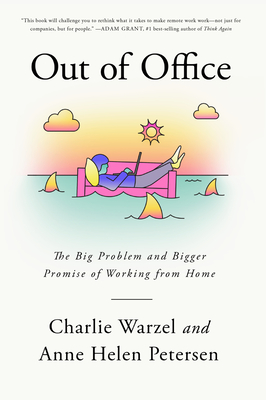What do you think?
Rate this book


272 pages, Hardcover
First published December 7, 2021
People say that we, as a society, worship consumerism, that we have made false idols out of things. But that pronouncement increasingly rings false, particularly for office and knowledge workers. We worship work.
Work has taken on such a place of primacy in our lives that it has subsumed our identities, diluted our friendships, and disconnected us from our communities. Individualism induces work obsession, and that work obsession in turn keeps us mired in individualism.
Who would you be if work ceased to be the axis of your life? How would your relationship with your close friends and family change, and what role would you serve within your community at large? Whom would you support, how would you interact with the world, and what would you fight for?